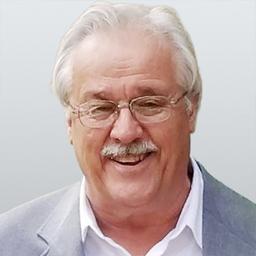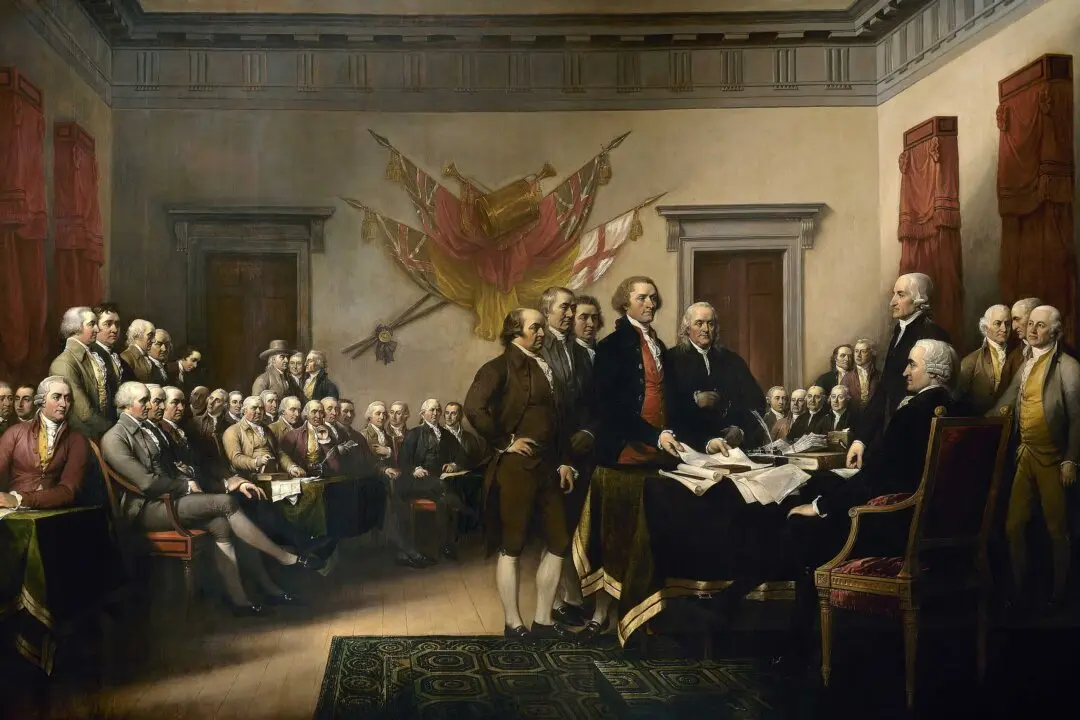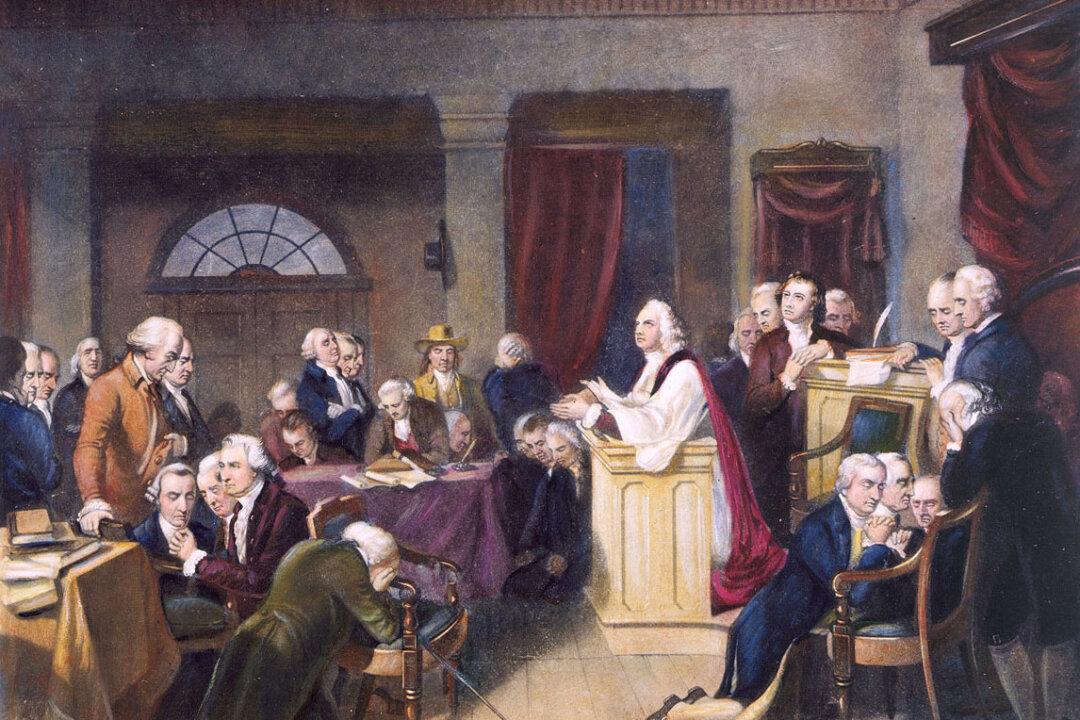The 1970s were a restless decade in America. Vietnam and Watergate were open sores on America’s consciousness; the country was ripe with paranoia and suspicion, and inflation was sky high.
As detailed in his biography, “Inside the President’s Team: Family, Service and the Gerald Ford Presidency,” Army Maj. Bob Barrett was caught up in the Watergate maelstrom. On the morning of July 10, 1974, the major was summoned to Washington by W.L. “Bill” Gulley, the military office director for President Richard Nixon’s White House.






